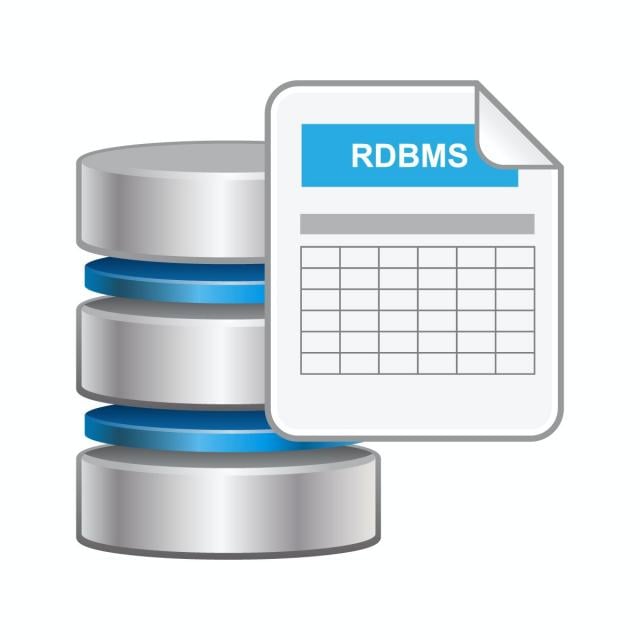MOOC List is learner-supported. When you buy through links on our site, we may earn an affiliate commission.

MOOC List is learner-supported. When you buy through links on our site, we may earn an affiliate commission.
In this course, you will learn the essential concepts behind relational databases and Relational Database Management Systems (RDBMS). You’ll study relational data models and discover how they are created and what benefits they bring, and how you can apply them to your own data. You’ll be introduced to several industry standard relational databases, including IBM DB2, MySQL, and PostgreSQL.
This course incorporates hands-on, practical exercises to help you demonstrate your learning. You will work with real databases and explore real-world datasets. You will create database instances and populate them with tables.
No prior knowledge of databases or programming is required.
Anyone can audit this course at no-charge. If you choose to take this course and earn the Coursera course certificate, you can also earn an IBM digital badge upon successful completion of the course.
What You Will Learn
- Fundamental Relational Database concepts. Types of RDBMS objects. Popular database systems.
- Design a relational database and its schema. Create Entity Relationship Diagrams (ERD). Normalize data.
- Work hands-on with Relational Databases such MySQL, PostgreSQL and Db2 using web tools and command line.
- Create tables and load data. Export data from one database and import into another RDBMS.
Course 4 of 5 in the Data Engineering Foundations Specialization
Syllabus
WEEK 1
Relational Database Concepts
A relational database organizes data into tables that can be linked—or related—based on data common to each. By storing your business data in a relational database, you can retrieve and analyze the data to make important business decisions.
There are many companies that offer relational database systems and, regardless of which one you use, they all share a common set of characteristics that you must be familiar with before you can move on to more advanced operations with databases. In this module, you will learn some basic relational database concepts and how to diagram and describe the relationships between tables in a database. You will also learn the different deployment topologies and architectures that are commonly used, who the typical users of databases are, and some of the features and benefits of some common relational database management systems including Db2, MySQL, and PostgreSQL.
WEEK 2
Using Relational Databases
In this module, you will learn how to use a RDBMS GUI or web interface and SQL statements to create and manage the tables in a relational database and populate them with data. You will also learn how to employ some database design techniques that help improve the integrity of your data and the performance of your queries, including the use of Primary and Foreign keys to define relationships, indexes, normalization, and relational model constraints.
WEEK 3
MySQL and PostgreSQL
MySQL and PostreSQL are two common RDBMS tools for creating and managing relational databases. Both are free and open-source, have download/install and cloud versions, and offer both command-line and desktop and/or web interface options. In this module, you will learn the basics of creating databases and tables, defining keys and constraints in tables, and loading a database with data using MySQL and PostgreSQL. You will also learn how to define views in PostgreSQL to limit access to sensitive data and simplify data retrieval.
WEEK 4
Course Assignment
This module contains the final project for this course. You will consolidate the skills that you learned throughout this course by applying them to a specific scenario. To complete the project successfully, you must demonstrate that you have the skills to design a database from a new set of data, including creating an ERD to identify entities, attributes, and relationships. You will normalize tables, create your database, and load some data. You will also demonstrate some database management tasks by working with views.
MOOC List is learner-supported. When you buy through links on our site, we may earn an affiliate commission.
MOOC List is learner-supported. When you buy through links on our site, we may earn an affiliate commission.
